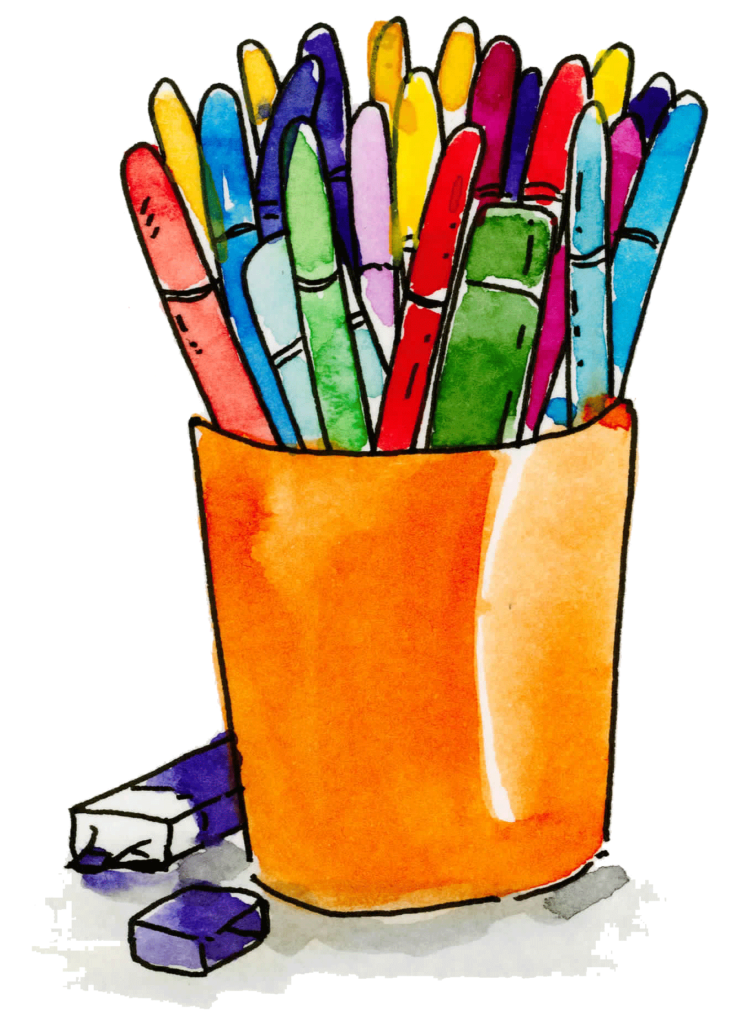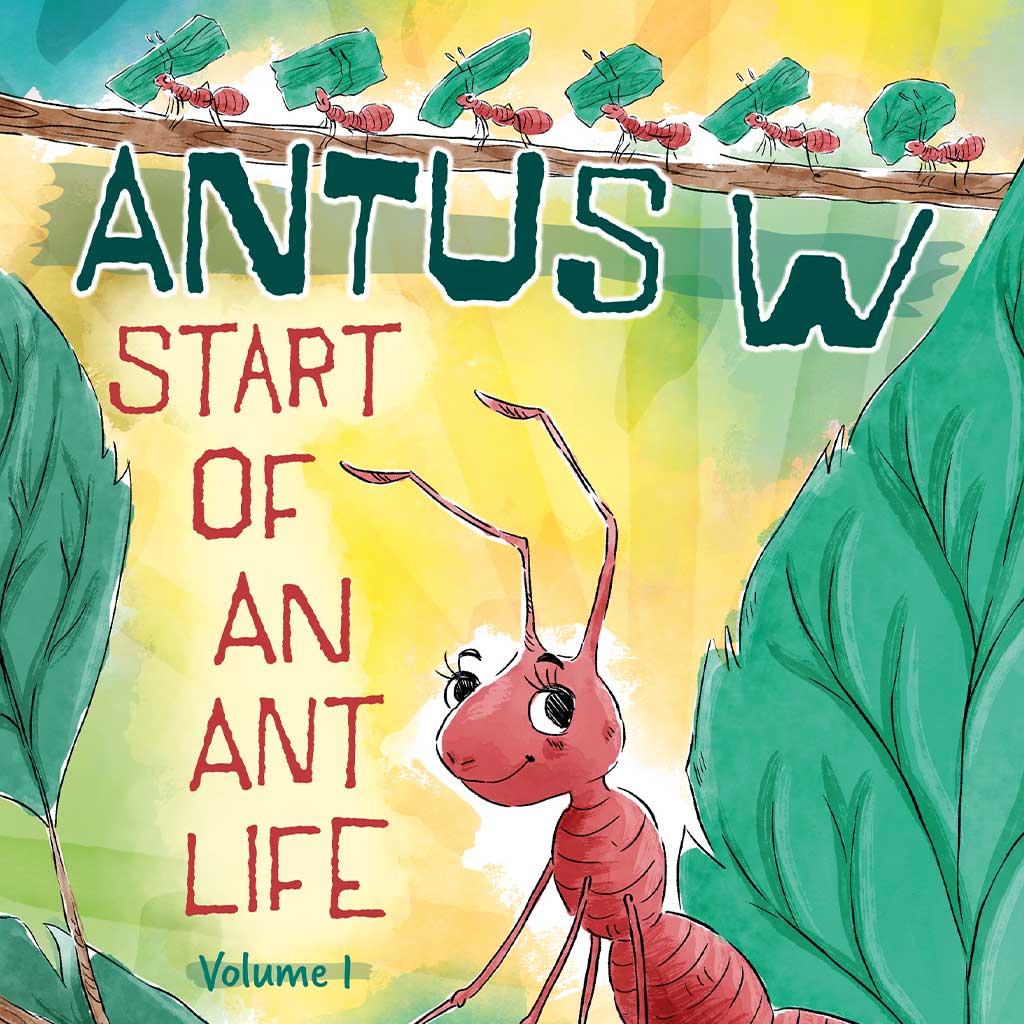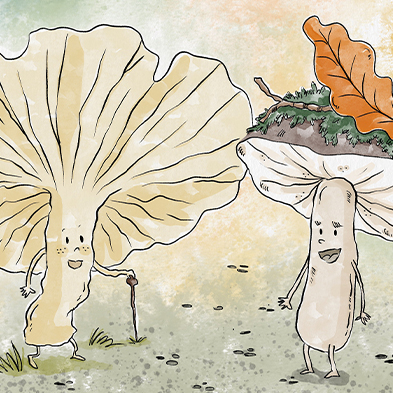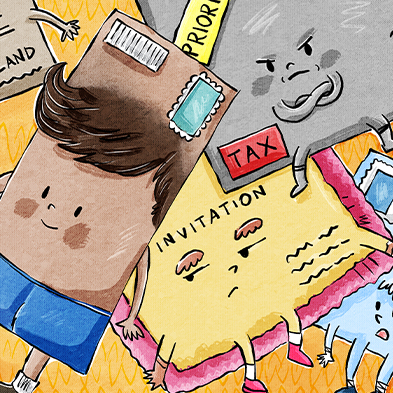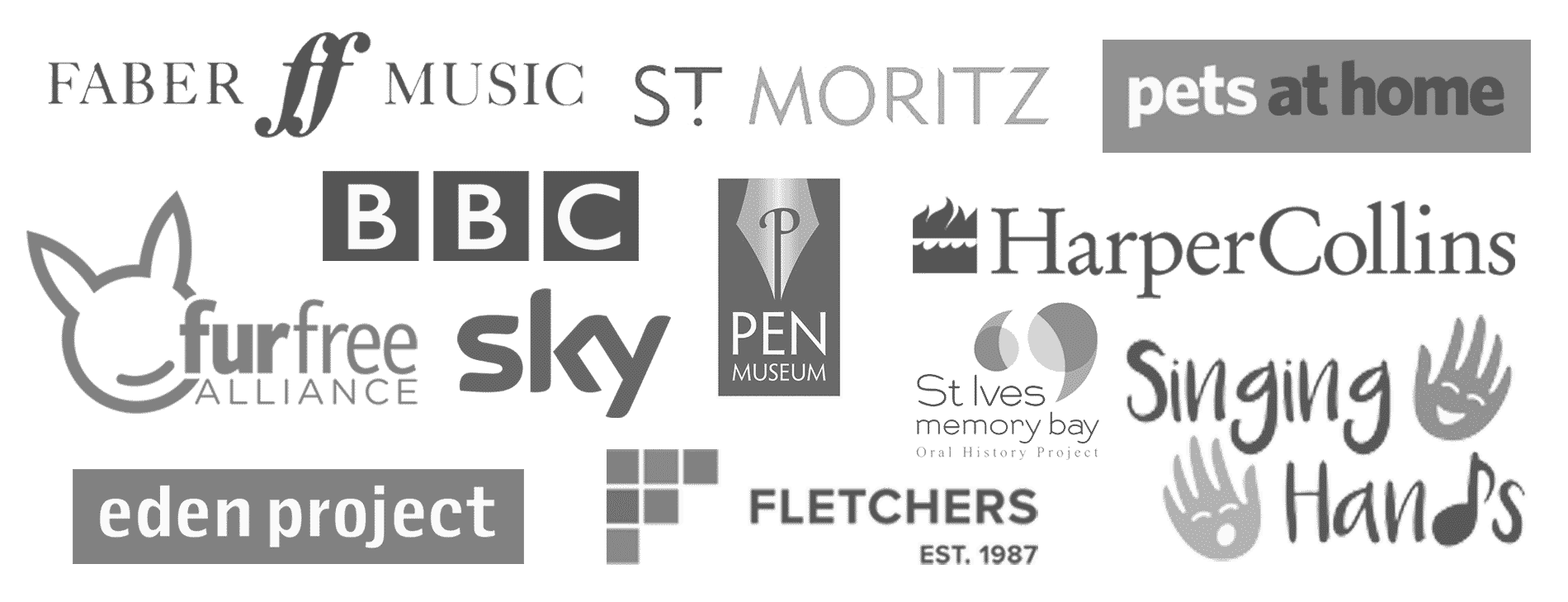This week is Mental Health Awareness Week, and so we thought we’d have a little look at how writing can help support you during this tough lockdown time, and give you some top tips on getting going.
Kindness
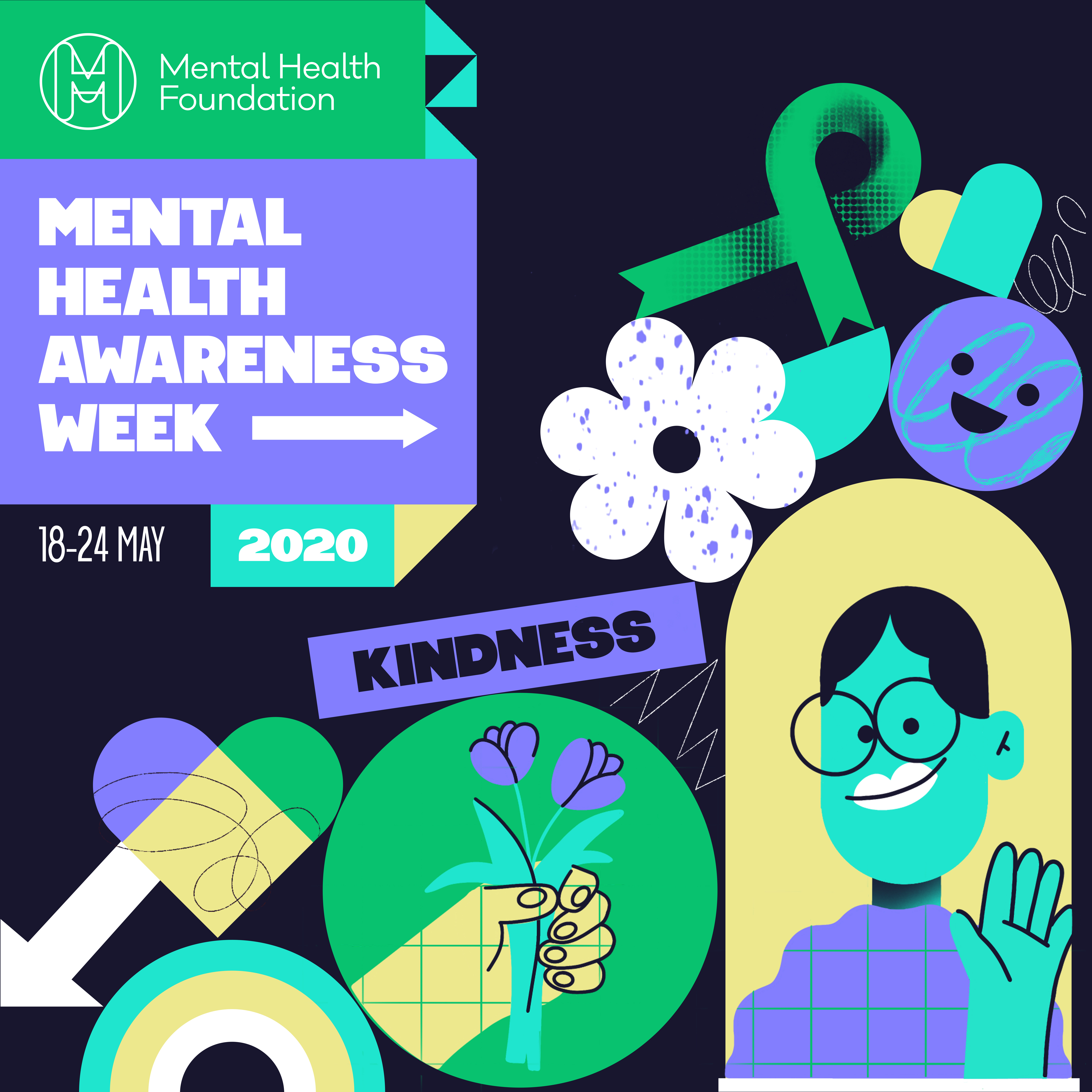
The theme for this year’s Mental Health Awareness Week is “kindness”.
“We have chosen kindness because of its singular ability to unlock our shared humanity. Kindness strengthens relationships, develops community and deepens solidarity. It is a cornerstone of our individual and collective mental health. Wisdom from every culture across history recognises that kindness is something that all human beings need to experience and practise to be fully alive.”
https://www.mentalhealth.org.uk/campaigns/mental-health-awareness-week/why-kindness-theme
There are many ways to be kind as we all know, whether it’s walking 100 laps of your garden to raise money for charity, or making sure you don’t step on a snail, you can be kind to others very easily. You can also be kind to yourself, and in this current lockdown it can certainly help your mental health to practice this. Run a nice hot bath, go for a (safe!) walk or listen to the birds. You can even be kind to yourself by giving your brain a little rest; look into relaxation apps and breathing techniques that will calm you down and let your brain disconnect from it all for a minute. We know that constantly watching the news can affect your mental health in a negative way.
“…the goal is to find the balance between feeling informed and educated on the situation at hand while not becoming totally overwhelmed by it. After all, when good news is available, or the situation changes for the better, it will come to you, you won’t need to seek it out.”
https://www.verywellmind.com/is-watching-the-news-bad-for-mental-health-4802320
Reading For Mental Health Wellbeing
So when it comes to reading, and books, how can you benefit your mental health?
“Joseph Addison and Sir Richard Steele wrote, “Reading is to the mind what exercise is to the body.””
https://readingpartners.org/blog/four-compelling-reasons-shut-off-screen-open-good-book/
A study conducted by the Mindlab at the University of Sussex found that just six minutes’ of reading a day can reduce stress levels significantly. The study found that reading a book or newspaper can positively affect your mental health more so than taking a walk or listening to music. Just reading for can six minutes can reduce a person’s stress level by 68 percent, thereby helping individuals to clear their minds and minimise bodily tension. The study found that individuals exhibited slower heart rates, less muscle tension, and reduced stress levels when they had read for as little as six minutes.

So to positively affect your mental health, it’s definitely a good idea to pick up a book and switch off the news! If it’s difficult to get much time to yourself perhaps try and read for a few minutes before bed. Choose to go to bed a couple of minutes earlier and crack open a book, perhaps even take a cup of chamomile tea with you!
Writing For Mental Health Wellbeing
A study by the Royal College of Psychologists found that writing about traumatic, stressful or emotional events has been found to result in improvements in both physical and psychological health, in non-clinical and clinical populations. In fact, the benefits to writing your thoughts down have an enormously positive effect on your life in general, the study has found. Benefits ranged from fewer visits to the doctor, to more employment opportunities and even improved sporting performance!
“A meta-analysis of 13 studies using expressive writing with healthy participants found a significant overall benefit and specific benefits in objective or self-reported physical health, psychological well-being, physiological functioning and general functioning outcomes”.
https://www.cambridge.org/core/journals/advances-in-psychiatric-treatment/article/emotional-and-physical-health-benefits-of-expressive-writing/ED2976A61F5DE56B46F07A1CE9EA9F9F/core-reader
So writing can have a huge impact on your wellbeing, both physically and mentally. The study above actually found that your physical wellbeing was more positively impacted by writing than your mental wellbeing, but as we know from being humans in our own bodies, we feel much better in ourselves when we are active and healthy.
So how to start writing, and what to write about? The study says that writing about your own experiences is most beneficial, whether it’s because your brain has a chance to process events or because revisiting it actually allows you to deal with the event. Most writers will say they write from experience anyway; even a writer than writes science fiction stories or complete fantasy will draw on their own experiences in life by default, even if they don’t want to like J.R.R Tolkien, who said “I cordially dislike allegory in all its manifestations,” at the start of The Fellowship of the Ring. But whether he meant to or not, you simply can’t write without drawing on experiences you have had. A good writer will be able to use their writing to transform the original experience into a readable story. But why not start by writing out the story to begin with? In “On Writing”, Stephen King’s bible for all writers, King encourages the writer to just get the story out first, then you can go back to it and start building the book. Don’t sit down and just write “Once upon a time there was a man” and expect the story to come out perfectly formed.
“Write what you like, then imbue it with life and make it unique by blending in your own personal knowledge of life… What you need to remember is that there’s a difference between lecturing about what you know and using it to enrich the story. The latter is good. The former is not.”
Stephen King, On Writing. p. 185.
Perhaps try a very short story first, as a springboard. Many writers will spot something they find intriguing and then write it in a notebook or their phone. It can be something as simple as “A woman finds a cookbook from the ’60s and tries to find out more about the writer by making every recipe in the cookbook. The deeper she delves into the diary, the more she takes on the persona and life of the unknown writer.” This was actually close to a real story spotted on Instagram, that we heard about thanks to an interview on the radio (she’s @forgottendelights if you want to check it out!). This was a small thing that was heard one morning whilst doing all the normal things life requires, but it stuck and became an idea. It’s potentially a gem, it requires some research but possibly nothing too heavy – depending on where you take it. You could make it creepy, where the modern-day woman becomes overtaken by this idea of being a housewife from the ’60s, or you could make it a sweet tale of a woman who finds herself and happiness through this cooking process. The point is, it can be a tiny nugget of something that sparks the mind. It sounds rather macabre and sombre, but old graveyards can often be good places to find little stories, as well as names and dates, which can help with context and placement in history. If you want something a little less sad, why not try the local news? Or old stories from your local area in the news? There are lots of weird and wonderful stories that can spark an idea in those places. Perhaps you like word association, and you like to be given a few words to write about. This is a great little starting point for really stuck writers. Random word generators are all over the internet, and give you as many words as you want, randomly, that you can then use to get started.
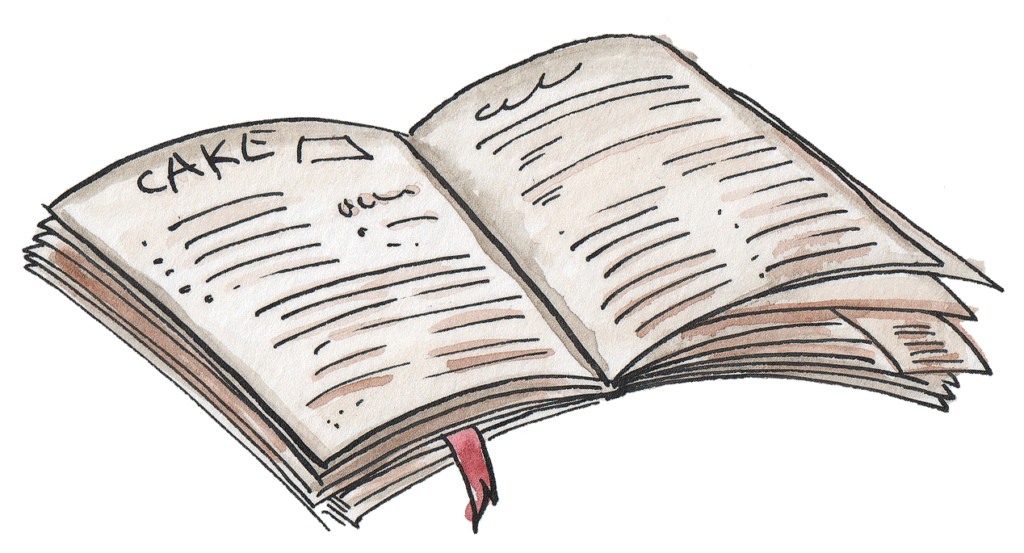
Whatever you come up with, don’t take it too seriously. At least, not at first! Write for fun, write for company, write for the enjoyment of getting ideas out. It doesn’t need to be any good, again Stephen King’s advice to just get the story out is the best thing at first, don’t try and perfect it. Get the first draft down and see how it looks. Then you can go back over it and see what needs changing. Then do it again. And again. Until it’s exactly what you want. Then you can sit back and enjoy the feeling of having written something, accomplished something. In terms of benefiting your mental health, achieving something in these strange times has got to be a wonderful plus.
Stay safe, stay well. Make positive changes. Big hugs!
